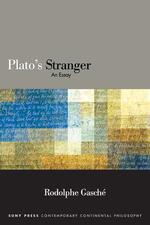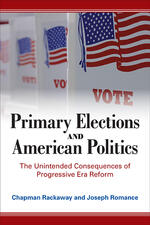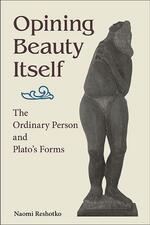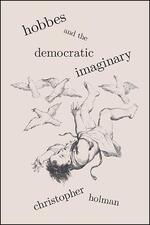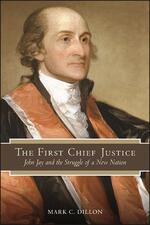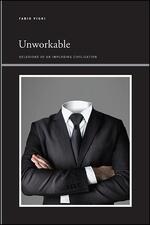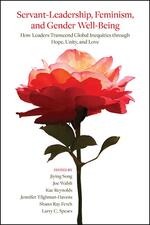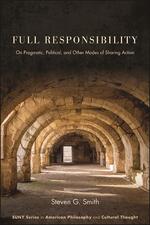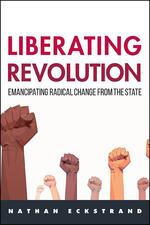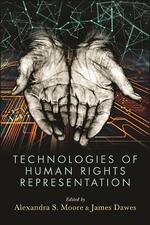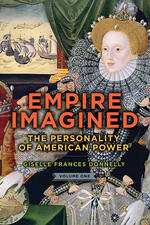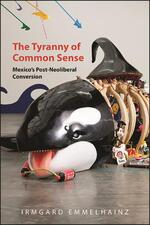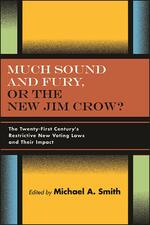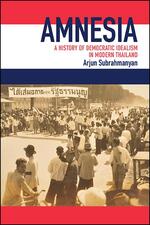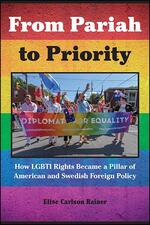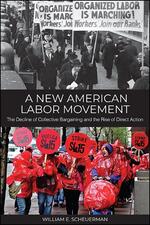Politics and Law
Plato's Stranger
Meditation on the character of the Eleatic Stranger in Plato's late dialogues, arguing that the prominent place afforded to this foreigner—the other—represents an important philosophical and political legacy regarding the way thought, and life in the community, is understood.
Primary Elections and American Politics
Argues that Progressive Era reforms had the counterintuitive effect of weakening political parties and their role in representative government.
Myth and Authority
Argues that Giambattista Vico's early modern account of Roman mythology was a sophisticated attempt to present an epistemological and political critique of the aristocratic way of conceiving the world.
Opining Beauty Itself
Argues that Plato thinks that ordinary people grapple with the Forms and can make epistemological progress, even if they never achieve knowledge.
Hobbes and the Democratic Imaginary
A critical interrogation of elements of Hobbes's political and natural philosophy and its capacity to enrich our understanding of the nature of democratic life.
The First Chief Justice
Chronicles the efforts of the first Chief Justice of the US Supreme Court to establish a federal court system during the country's uncertain early years.
Adventures in Chinese Realism
Relates Chinese Realism to contemporary political and ethical challenges, such as in international relations and the morality of the public sector.
Unworkable
Explores the slow but inevitable implosion of our civilization by considering the correlation between capital, work, and ideology.
Servant-Leadership, Feminism, and Gender Well-Being
Combines servant-leadership and feminism into a new understanding of leadership.
Full Responsibility
Explores the basic forms of responsibility that we willingly assume and the collaborative fulfillment that we find in each.
Liberating Revolution
Provides a novel conceptual and practical theory of revolution, engaging previous theories of revolution, contemporary continental philosophy, and systems theory.
Technologies of Human Rights Representation
Analyzes the effects of new technologies on human rights, with a particular focus on how representations of technology affect our ability to understand and control it.
How Trump and the Christian Right Saved LGBTI Human Rights
Traces the Trump administration's surprising support for LGBTI human rights abroad to Trump's indifference and the cynicism and political interests of Christian conservative elites.
The Shadow of Totalitarianism
Examines the relationship of evil, action, and judgment in the work of Immanuel Kant, Hannah Arendt, and Jean-François Lyotard.
Empire Imagined
Examines the deep roots of the American way of war.
The Future of the World Is Open
Conversations with prominent Italian feminist thinkers Lea Melandri, Luisa Muraro, and Adriana Cavaero, as well as three essays - appearing in English for the first time - by author, journalist, and renown political figure Rossana Rossanda.
Event of Signature
In dialogue with Derrida, formulates a new philosophical problem - a complex aporia that underlines the topic of the handwritten as a sign of legal identification.
The Tyranny of Common Sense
Elucidates how neoliberalism rules all areas of life and operates as a form of common sense, taking Mexico as a case study.
Capitalism for All
Demonstrates that a true liberal capitalism has the capacity to enable personal well-being while dealing with new challenges such as pandemics, climate change, and automation.
Much Sound and Fury, or the New Jim Crow?
Intensive look at restrictive new voting laws ostensibly designed to target voter fraud but criticized as being racially-based voter suppression.
The Fatah-Hamas Rift
Analyzes the relationship between the Palestinian Authority and Hamas since 2007, a period of time that has been marked by the parties' continual failure to end political disagreements and formulate a common national vision.
Amnesia
Describes the profound social impact of the overthrow of the Thai absolute monarchy in 1932, and explains the importance of democracy in a country long known for authoritarian politics.
From Pariah to Priority
Incorporates a unique diplomatic, insider perspective to explain the unexpected incorporation of LGBTI rights into American and Swedish foreign policies.
A New American Labor Movement
Describes how new kinds of direct-action labor movements are emerging to reshape American labor activism in the twenty-first century.
FDR's Budgeteer and Manager-in-Chief
First study of Harold D. Smith, FDR’s budget director from 1939 to 1945.
